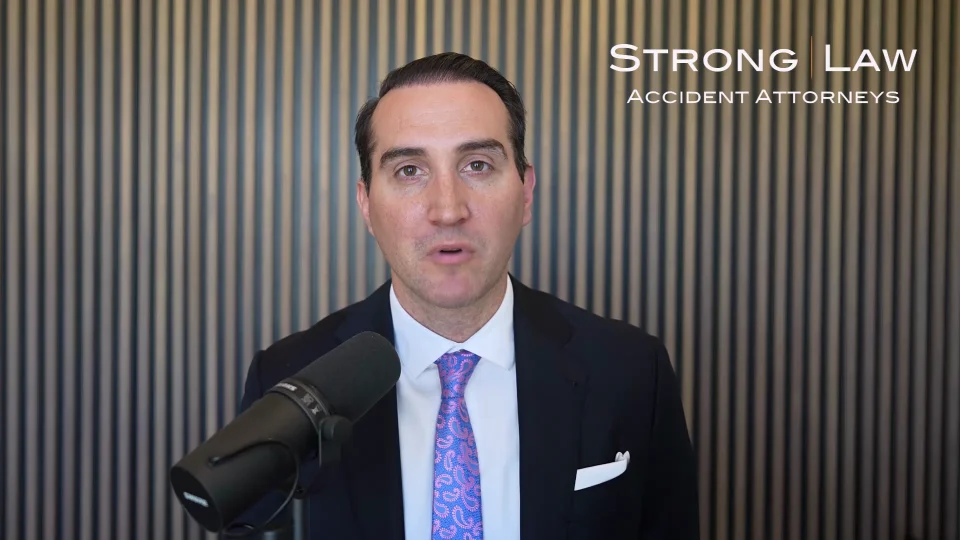Beyond the Crash Why Seeking Medical Treatment After an Accident is Crucial

Accidents can happen in the blink of an eye. Whether it’s a car collision, a slip and fall, or any unexpected mishap, the aftermath often feels overwhelming. Amidst the chaos, one critical step often gets overlooked—seeking immediate medical treatment. Many accident victims believe they can walk off their injuries, or that they’re invincible. However, this mindset can lead to severe consequences down the line. Today, we’re going to explore why getting medical treatment after an accident isn’t just a suggestion—it’s a necessity.
Immediate Health Concerns
Hidden Injuries
In the wake of an accident, adrenaline surges through your body, potentially masking the pain from injuries. This phenomenon often leads victims to mistakenly believe they’re unharmed. However, hidden injuries like internal bleeding, concussions, or even fractures might not show symptoms immediately. These latent issues, if untreated, can escalate into serious health threats, underscoring why a professional evaluation is vital.
Preventing Complications
Early medical intervention can be the difference between recovery and chronic health problems. By detecting injuries early, healthcare professionals can provide treatments that prevent minor issues from snowballing into severe complications. For instance, what feels like a mere headache after a bump could signify a concussion. Treating it promptly can avert long-term cognitive issues.
Professional Assessment
A thorough examination by a healthcare professional is crucial. Trained eyes can spot injuries that laypersons might overlook. They conduct comprehensive checks that ensure no potential injuries slip through the cracks. This initial assessment is your first step towards holistic recovery, giving you a clear picture of your physical state post-accident.
Legal and Insurance Implications
Documentation of Injuries
Medical records are not just important for your health—they’re critical in legal and insurance contexts. Documentation provides clear evidence of the injuries sustained, creating an official record that can fortify your insurance claims or legal cases. Without it, proving the extent of your injuries becomes challenging, potentially jeopardizing your case.
Protecting Your Rights
Seeking medical treatment also protects your legal rights. Timely treatment underscores the seriousness of your injuries, strengthening your position if you pursue compensation. It ensures that your claims are grounded in verified medical assessments, offering a solid foundation for any legal proceedings.
Insurance Requirements
Most insurance policies require that injuries be reported within a specified timeframe. Delaying treatment can lead to complications with your claims, including denial of coverage. Understanding these requirements is crucial to ensure that you meet all necessary conditions to secure your rightful benefits.
Long-Term Health Benefits
Avoiding Chronic Issues
Untreated injuries can evolve into chronic conditions, affecting your quality of life. For example, ignoring back pain could lead to long-term mobility issues. By addressing injuries promptly, you reduce the risk of developing chronic health problems that can affect you for years.
Rehabilitation and Recovery
Following prescribed treatment plans is essential for a full recovery. Medical professionals offer tailored rehabilitation programs that facilitate healing. Adhering to these plans ensures that you regain full function and minimizes the risk of lingering issues.
Peace of Mind
Knowing that you’ve addressed all potential health issues brings peace of mind. There’s comfort in confirming that you’ve taken all necessary steps to ensure your well-being. This reassurance allows you to focus on recovery without the nagging fear of unknown injuries.
Overcoming Common Excuses for Avoiding Treatment
“I Feel Fine”
One of the biggest misconceptions is equating the absence of pain with the absence of injury. Remember, adrenaline can mask pain temporarily. It’s vital to have a professional evaluate your condition to confirm that you’re truly injury-free.
Fear of Medical Costs
Concerns about medical expenses deter many from seeking treatment. However, exploring options like insurance coverage, payment plans, or financial aid can alleviate these fears. Investing in your health now can prevent more significant costs associated with untreated injuries later on.
Not Wanting to Be a Burden
Some people avoid treatment because they fear becoming a burden to others. However, neglecting your health can impact not just you but those around you. Prioritizing self-care ensures that you’re in the best state to support your loved ones.
How to Choose the Right Medical Provider
Specialized Care
Opt for healthcare providers experienced in accident-related injuries. They possess the expertise to recognize and treat conditions specific to accidents, ensuring comprehensive care tailored to your situation.
Getting a Second Opinion
If you’re uncertain about a diagnosis or treatment plan, seeking a second opinion can provide clarity. Different perspectives can offer additional insights, confirming or refining your treatment approach.
Ongoing Care and Monitoring
Recovery doesn’t end with the initial check-up. Follow-up appointments and continuous monitoring are crucial to ensure that your healing progresses as expected. These visits help adjust treatment plans as needed, keeping you on the path to full recovery.
Conclusion
Accidents are unpredictable, but your response doesn’t have to be. Seeking immediate medical treatment after an accident is imperative for safeguarding your health and legal rights. From uncovering hidden injuries to ensuring proper documentation for insurance claims, the benefits are manifold. Remember, health is invaluable, and prioritizing it today can prevent complications tomorrow. If you’ve been in an accident, take action now. Your future self will thank you for it.



